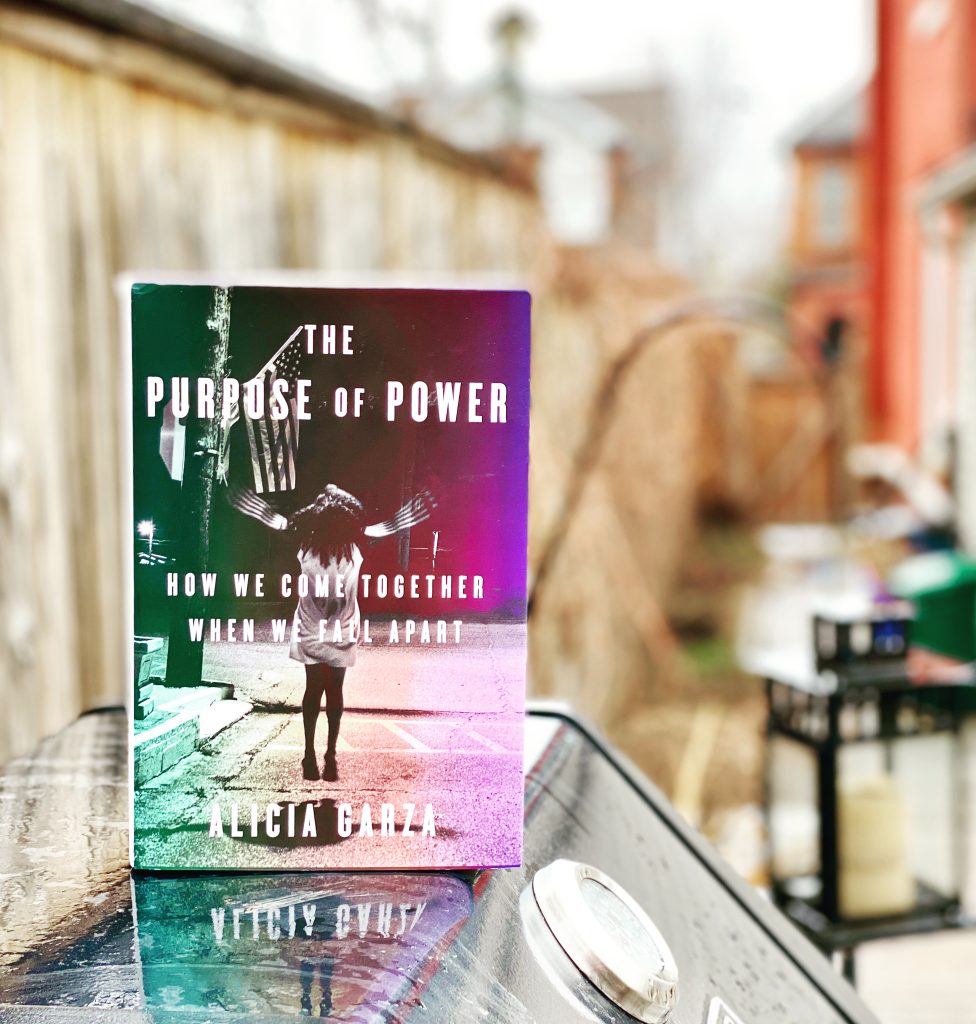
A mixture of movement memoir and grounded theorizing about some key areas of reflection and debate in movements. The author is one of the three Black women who initially coined the hashtag #BlackLivesMatter. She was already an experienced organizer at that point, having cut her teeth doing neighbourhood and city-wide organizing in the Bay Area in the US, and she has gone on to do lots of other important work. This is not a definitive book about Black Lives Matter – she talks about the role that she has played and various things to be learned from that, but is very clear about not attempting to cover even the whole gamut of activities that genuinely belong under the BLM banner, let alone the much larger spectrum of things that don’t but that often get grouped there. It’s a book that seems to be aimed at readers who are supportive but who are not themselves organizers or otherwise steeped in movement practices and debates. That particularly shapes the second half of the book, which engages with exactly those kinds of questions, whether that is the value of organizations, the meaning and limits of self-care, the dangers of movement celebrity, or whatever else. I definitely valued having the opportunity to hear Garza’s take on some of these things, but it mostly wasn’t particularly new ground for me. My favourite part of the book was actually the movement memoir stuff in the earlier chapters. I think perhaps what is most politically useful about this book is that it is introducing all of these ideas to people not already immersed in movements from the perspective of someone whose politics have been shaped specifically by organzing, in the sense of doing the slow hard work of bringing people together to build campaigns, organizations, and grassroots power, rather than more ephemeral activist-y activities or the sort of online pontificating that sometimes now passes for grassroots work. So, not a life-changer for me, but I am glad I read it.
Originally posted by Scott on Goodreads.